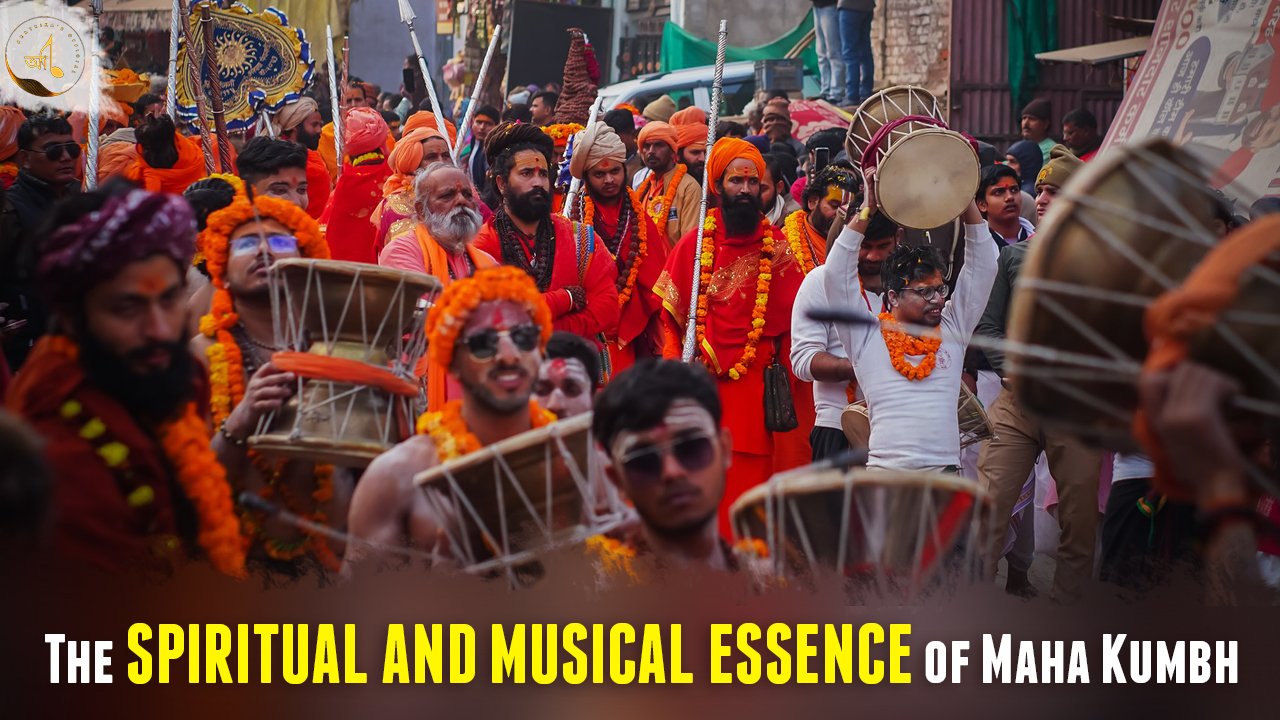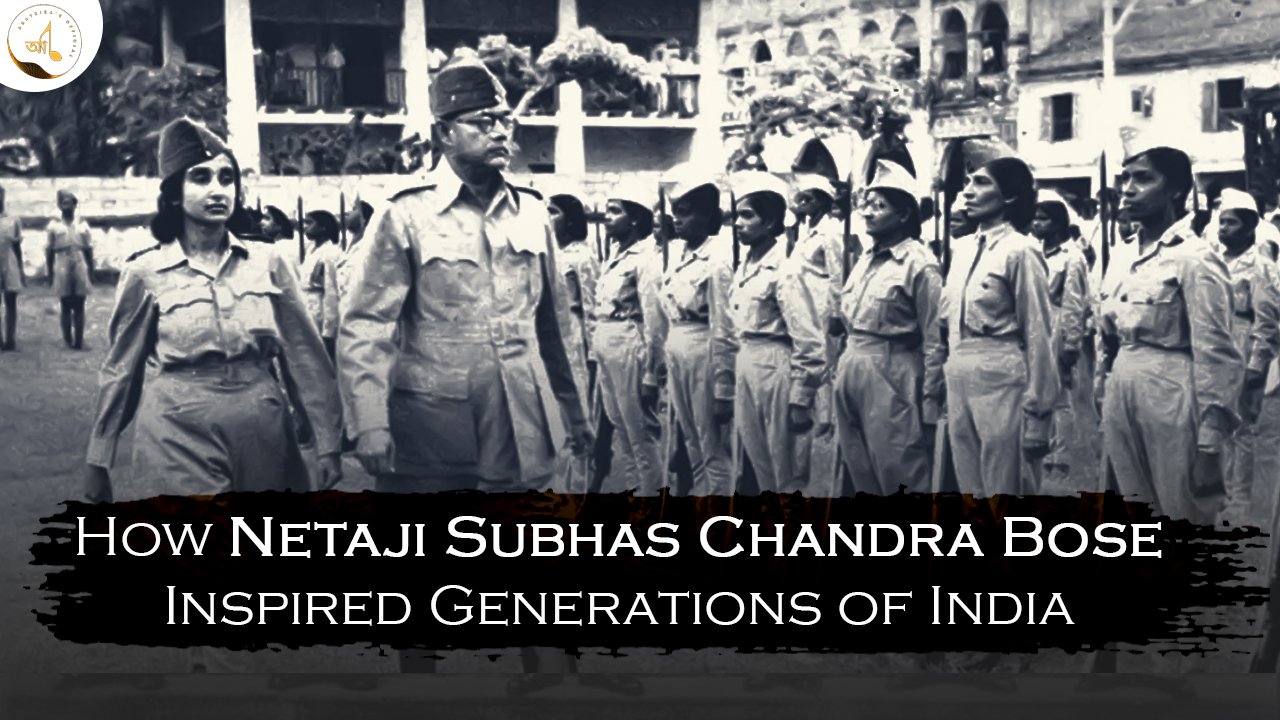Indian classical music is a rich tradition that began in South Asia and has spread to every corner of the globe. Its roots can be traced back over 6,000 years to sacred Vedic scriptures, where chants developed a system of musical notes and rhythmic cycles.
In this way, Indian classical music is inextricably linked to nature, drawing inspiration from natural phenomena such as seasons and times of day to create 'ragas' or musical moods, as well as many time cycles or 'taals' that have been codified.
Although compositions are fixed, the majority of music is improvised within the structure of notes and mathematics. This gives the music a spontaneous freedom, ensuring that each artist and performance is completely unique.
Indian classical music is generally passed down orally, with the student spending many years with their 'guru' developing a very special spiritual bond and imbibing all aspects of the music as well as philosophical and moral principles that shape them for life.
Although Indian classical music can now be studied in a variety of institutions and has been extensively documented and notated, learning through observation, listening, and memory remains essential, and connecting with an expert teacher is regarded as the most fruitful way to learn.
Although compositions are fixed, the majority of music is improvised within the structure of notes and mathematics. This gives the music a spontaneous freedom, ensuring that each artist and performance is completely unique.
What makes it different from other Indian music like Folk or Bollywood ?
It all comes down to context and purpose. Folk music is typically performed at community gatherings, with the goal of bringing people together. Despite having a rich historical tradition of its own, the classical form has been codified, studied, and elaborated on in a very disciplined manner. Classical music is influenced by folk melodies and forms, but the majority of the repertoire necessitates greater rigour and in-depth training.






